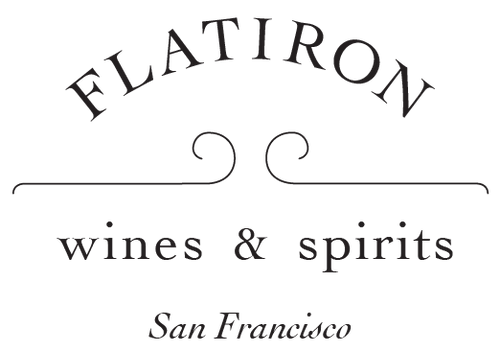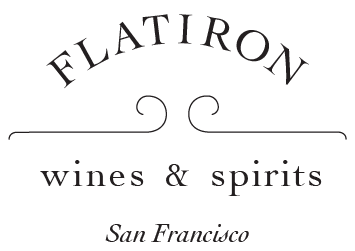One reason that Weingut Hirsch's wines are so good is that Johannes Hirsch did a lot of things first. He was one of the first in Austria to dump Chardonnay and really focus on Kamptal's great varieties of Riesling and Grüner Veltliner. He was one of the first to farm biodynamically. He was first to switch all closures to stelvin. So he's had a longer time to perfect this style of hyper-artisanal winemaking than virtually anyone else in Austria.There were hiccups along the way. Not everyone loved the Rieslings from the late aughts that ended up with some residual sugar. But it turns out that this was just what nature wanted to do in those vintages. And since then, Hirsch (and nature) have made nothing but classical, dry Grüners and Rieslings. He has avoided the trend towards higher octane Austrian wines that we have seen elsewhere. With lower alcohol levels, Hirsch shows the pure, crystalline essence of Austrian Grüners and Rieslings.
What importer Skurnik Wines has to say about this wine...
Many Kamptal aficionados see the Gaisberg as something of a ‘little brother’ to the famous Heiligenstein. However, this assessment does not do justice to the potential of the vineyard. Weathered mica schist covered with brown earth provides a nearly perfect soil for growing mineral-driven Rieslings. Situated near the village of Strass, the Gaisberg is the south-easternmost foothill of the Manhartsberg, still manifesting the crystalline material of the Bohemian Massif. The grapes for this wine are grown on terraces and come from vines that are some forty years of age.
Details
-
Grape Variety
-
Vintage
2018
-
Size
750ml
-
Farming Practice
Biodynamic
-
Style
Aromatic , Fruity , Minerally
-
Sweetness
Dry
-
Body
Medium Bodied


